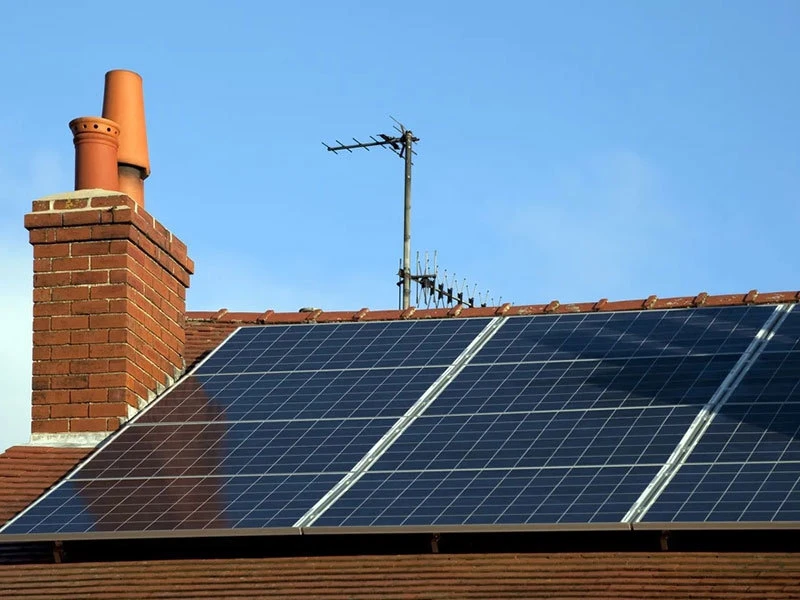residential solar panel cost
Understanding the Costs of Residential Solar Panels
The adoption of residential solar panels has gained momentum in recent years, thanks in part to their ability to offer significant savings on energy bills and contribute to environmental sustainability. However, potential buyers often have questions about the costs associated with installing solar panels. In this article, we'll explore the various factors that influence the cost of residential solar panels and the financial implications for homeowners.
Initial Costs of Solar Panel Installation
The upfront cost of installing solar panels can vary greatly depending on several factors, including the size of the system, the type of solar panels chosen, and geographic location. As of 2023, the average cost of solar panel installation ranges from $15,000 to $25,000 before any tax credits or incentives. On average, homeowners can expect to pay about $2.50 to $3.50 per watt. The total system size is generally measured in kilowatts (kW), with most residential systems falling within the 5 kW to 10 kW range.
Types of Solar Panels
The type of solar panels you choose will significantly influence the overall cost. The common types of solar panels include monocrystalline, polycrystalline, and thin-film panels. Monocrystalline panels are generally the most efficient and space-saving, often costing more due to their higher efficiency rates. Polycrystalline panels are slightly less efficient and usually come at a lower price point. Thin-film panels, while cost-effective, require more space and are typically less efficient than the other types. Selecting the right type of panel depends on your budget, energy needs, and available space.
Additional Costs Beyond Panels
While the cost of solar panels is a primary consideration, there are additional costs to factor in. Installation fees can vary based on the complexity of the installation, and homeowners should expect to pay around 10-15% of the total cost for labor. Other potential expenses may include permits, inspections, and the installation of supporting equipment such as inverters and battery storage systems. These additional elements can add thousands of dollars to the total cost but are essential for a functional and reliable solar energy system.
residential solar panel cost

Financial Incentives and Financing Options
To alleviate the financial burden of installing solar panels, various incentives and financing options are available. The federal government offers a solar investment tax credit (ITC) that allows homeowners to deduct a percentage of the installation cost from their federal taxes. As of 2023, the ITC offers a 30% tax credit, which can significantly reduce the overall expense of the system.
State and local governments may also provide additional incentives, such as rebates or tax credits, which can further lower the cost of solar panel installation. Some utilities offer programs that allow homeowners to enter into power purchase agreements (PPAs) or leases, enabling them to install solar panels with little or no upfront costs. Under these agreements, homeowners pay for the electricity generated by the solar panels rather than purchasing the panels outright.
Long-Term Savings and Return on Investment
While the initial costs of solar panels can be high, the long-term savings are substantial. Homeowners can expect to save between $10,000 and $30,000 over 20 years, depending on their energy usage and local electricity rates. Moreover, using solar energy increases property value—homes with solar panels often sell for more than similar homes without them.
Estimated payback periods for solar energy systems generally range from 5 to 10 years, depending on installation costs and available incentives. After this period, homeowners can enjoy nearly free electricity for many years, making solar energy a worthwhile investment.
Conclusion
Investing in residential solar panels can be a substantial financial commitment, but the combination of energy savings, potential tax incentives, and increased property values makes it a rewarding option for many homeowners. By understanding the costs associated with solar panel installation and exploring available financing options, homeowners can make informed decisions that benefit them financially and environmentally in the long run. As the push for renewable energy continues, solar power stands out as a sustainable and economical choice for residential energy needs.
-
String Solar Inverter: The High-Efficiency Solution for Smart Solar EnergyNewsJul.14,2025
-
Revolutionizing Rooftop Energy with the Power of the Micro Solar InverterNewsJul.14,2025
-
Power Independence with Smart Off Grid Solar Inverter SolutionsNewsJul.14,2025
-
On Grid Solar Inverter: Powering the Future with Smart Grid IntegrationNewsJul.14,2025
-
Monocrystalline Solar Panels: High-Efficiency Power for the Future of Clean EnergyNewsJul.14,2025
-
Bifacial Solar Panel: A Smarter Investment for Next-Generation Energy SystemsNewsJul.14,2025







